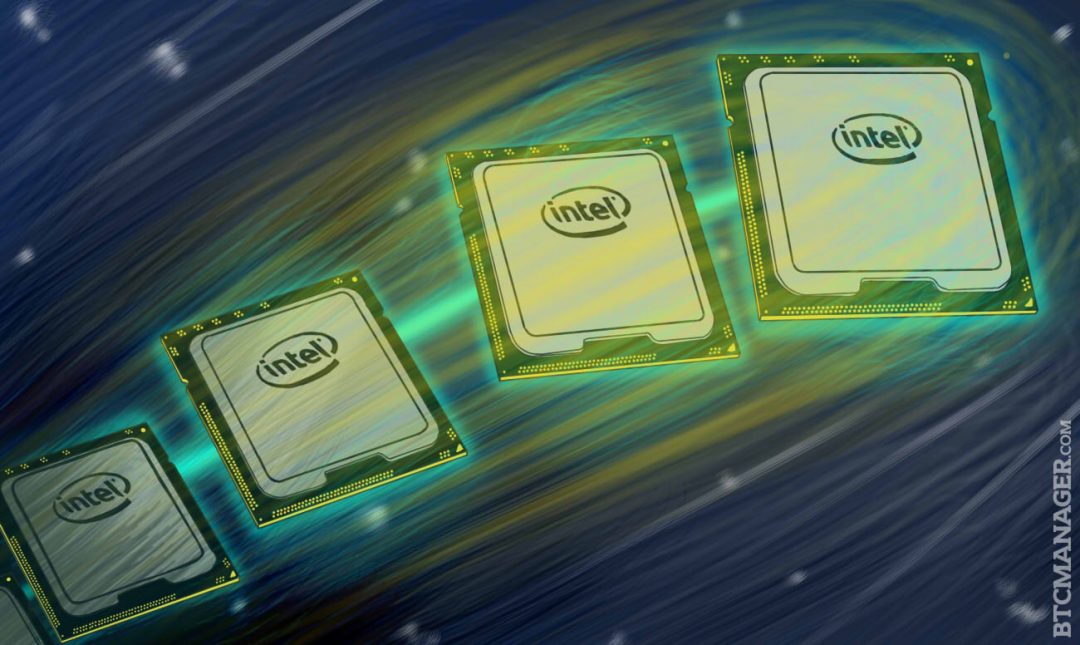Emin Gün Sirer Launches Off-Chain Solution Teechan, Controversy on Intel Licence

On December 22, four researchers from the Imperial College London and Cornell University, including professor Emin Gün Sirer, released a lightweight trusted execution environment (TEE)-based solution called Teechan, which acts as a high throughput off-chain transaction protocol on top of the original bitcoin network. Structurally and conceptually, it is similar to the Bitcoin Core development team’s Lightning Network, except for one main difference; Teechan relies on hardware.
By utilizing hardware components in processors like Intel CPUs with Software Guard Extensions (SGX), Teechan secures off-chain transactions at a rate of 2480 transactions per second, with settlement latency overheads of 0.4 milliseconds. In comparison to the Bitcoin network’s current throughput of 7 transactions per second, it can settle nearly 355 times as many transactions.
Gün Sirer further described Teechan as a more efficient variant of the Lightning Network, as it creates significantly fewer alterations to the underlying protocol of Bitcoin.
“While this can potentially improve scale immensely, these protocols, also, require substantial changes to the underlying protocol. Specifically, Lightning Network implementations are vulnerable to transaction malleability, whose current proposed fix, SegWit, has become mired in controversy, partly as a result of its implementation complexity,” said Gün Sirer.
In a technical standpoint, Teechan also demonstrates major differences compared to Lightning Network (LN) in its reliance on TEEs. It creates lightweight duplex payment channels to settle transactions through secured hardware, built around SGX.
Like the Bitcoin protocol’s immutability, SGX also eliminates the possibility of data alteration, by using a special construct called an enclave. Through the memory of enclave, data is encrypted and cannot be decrypted until a particular hash generates accurate encryption keys. Thus, even if hackers gained access to the enclave code, without the particular hash, encryption keys cannot be obtained, and data can’t be altered.
Gün Sirer and the rest of his team including Imperial College Associate Professor Peter Pietzuch, Imperial College London Ph.D. student Joshua Lind and post-doc in Cornell University Ittay Eyal, stated various advantages secure hardware dependence provides to users.
One of the main benefits of using Teechan is the substantially quicker money transmission; a single message is used to settle transactions.
“Sending money with Teechan is incredibly fast because payments are completed with a single message. The alternatives are either DMC, which puts a bound on the maximal amount transacted in a single direction of the channel (deposit amount times max number of channel resets,) or LN, which requires multiple round trips between the two parties to complete a single transaction,” said Gün Sirer.
However, Peter Todd amongst other experts criticized Teechan due to its dependence on Intel hardware and has yet to obtain a license from Intel yet, which may place the project on hold.
.@el33th4xor finally admits that Teechan is useless w/o a license from Intel, and they don't have one: https://t.co/k2BXQPO7x4#vaporware
— Peter Todd (@peterktodd) December 24, 2016
Bitcoin Core developer Greg Maxwell also commented on Gün Sirer’s Teechan, inquiring how the team acquired a license to use Intel’s secure mode with remote attest. Maxwell explained that he and Todd worked on a project also based on remote attesting trusted computing to improve Bitcoin security a few years ago.
In response, Gün Sirer stated:
“Any parties wishing to acquire such a license need to converse with Intel: they do grant such licenses, though we are in no position to explain their business decisions or processes. Greg has mentioned that his company has had difficulty obtaining one, though his interactions took place a few months ago, with someone who has now left the company, so they may not be representative.”














